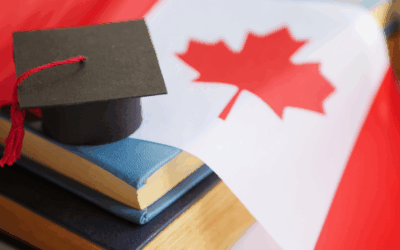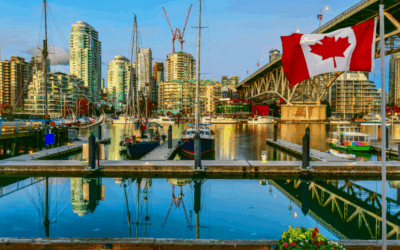
Today is the election day. Have those of you that hold Canadian citizenship voted already?
Impact of the Election on Canada’s Immigration Policies
Throughout the election campaign, Immigration was one of the key areas that the Political Parties were putting a high emphasis on. As this could have a big impact on individuals’ immigration planning, many of our readers are anxiously waiting to find out who will be the next Prime Minister of Canada. To help you easily see the major parties’ election promises on Immigration, we have prepared a concise comparison.
Liberal Party
The Liberals have adjusted their immigration targets, reducing the annual intake to 395,000 in 2025, acknowledging challenges in housing and healthcare capacity. The party wants to maintain the current immigration level until Canada is ready again to welcome more newcomers, which means the permanent resident targets will be gradually reduced to 365,000 by 2027. Other than that, we should not see any major changes. All facets of immigration, including family reunification, refugees, and economic programs should remain the same.
Conservative Party
The Conservatives advocate for a more controlled immigration approach, possibly reducing the annual intake to approximately 250,000 new permanent residents. They emphasize aligning immigration with labor market needs while making the access to the Temporary Foreign Worker Program for employers stricter allowing it only in “rare circumstances where there are not enough Canadians to fill jobs”. Lastly, they have promised cracking down on fraudsters and removing people with serious criminal records from Canada.
New Democratic Party (NDP)
The NDP supports increased permanent immigration and better citizenship pathways. Additionally, they are promising an achievable pathway for international students, foreign workers and possibly some of undocumented residents who have come, contributed, and built their lives in Canada. In addition to that, the NDP has proposed phasing out exploitative temporary worker programs, expanding refugee intakes and settlement assistance and streamlining family reunification processes.
Each party presents distinct approaches to immigration, balancing economic needs, family reunification, and social equity. Voters will need to consider how these policies align with their values and the country’s evolving needs.



